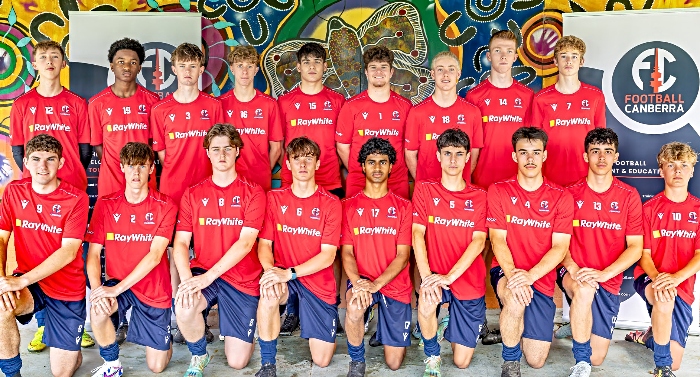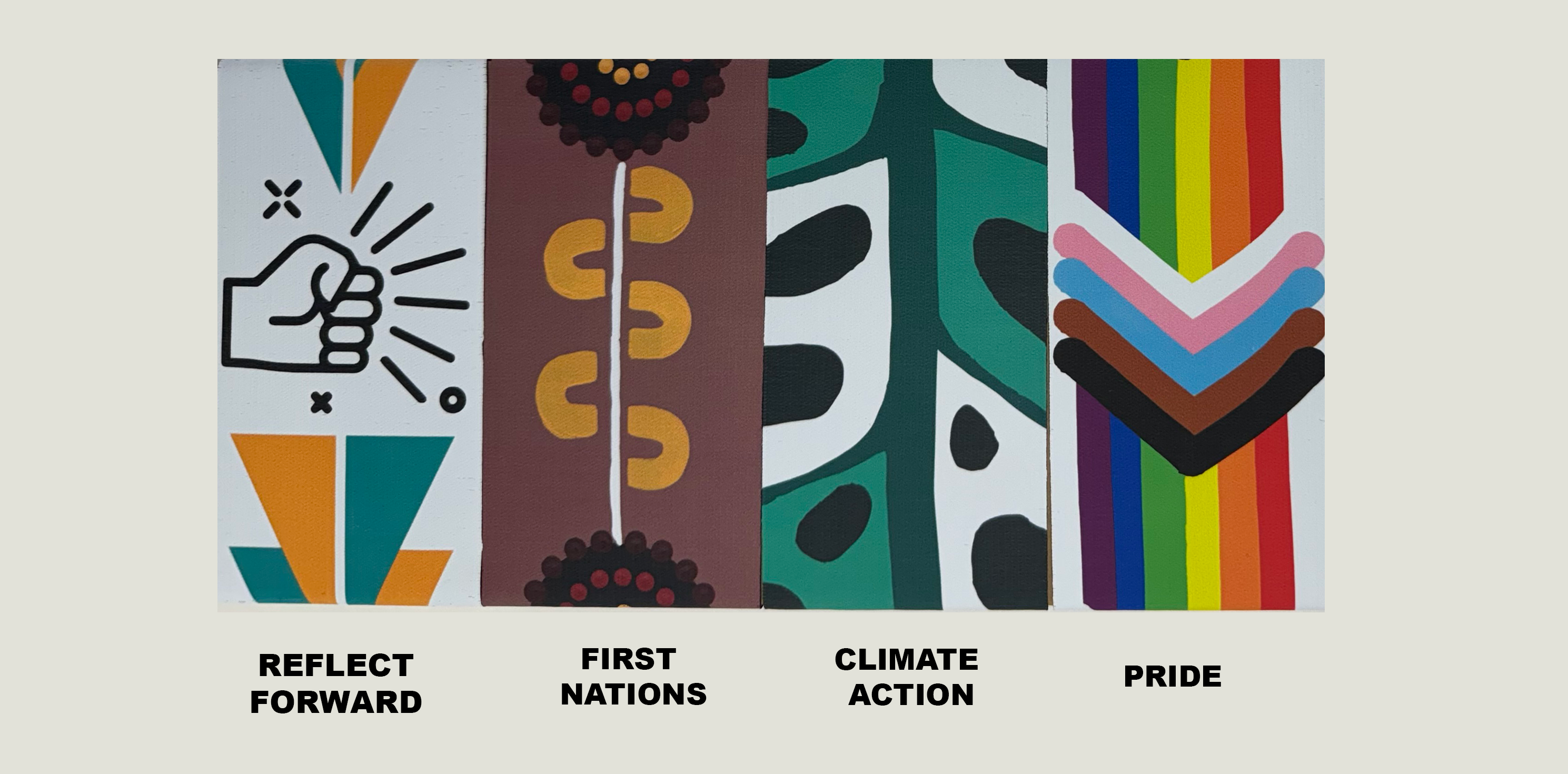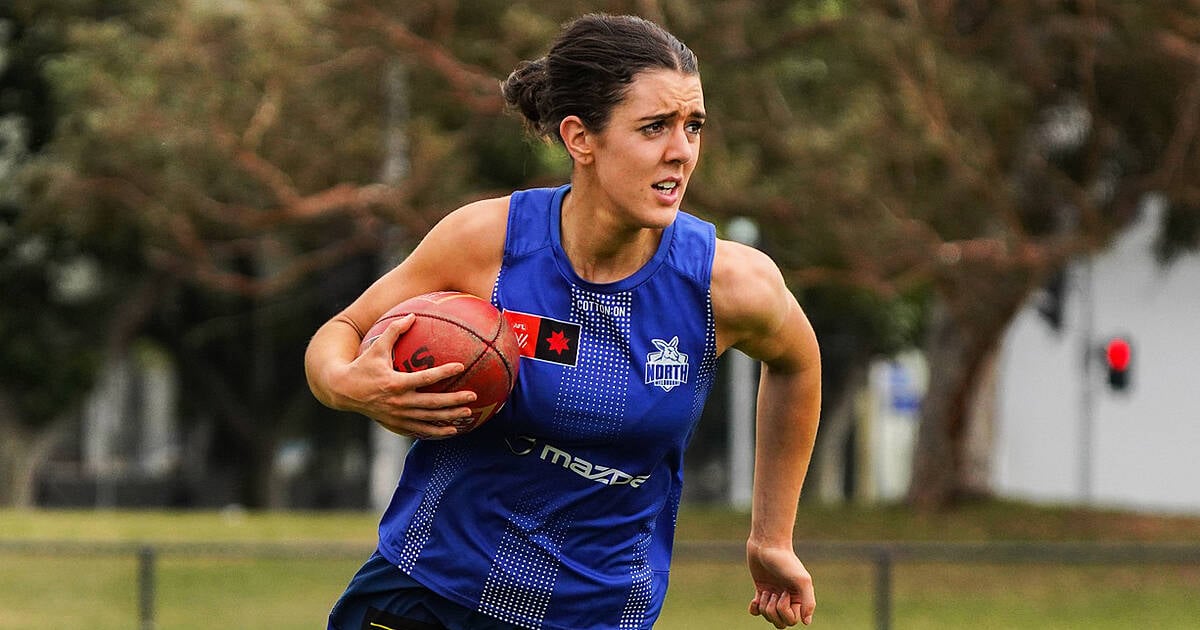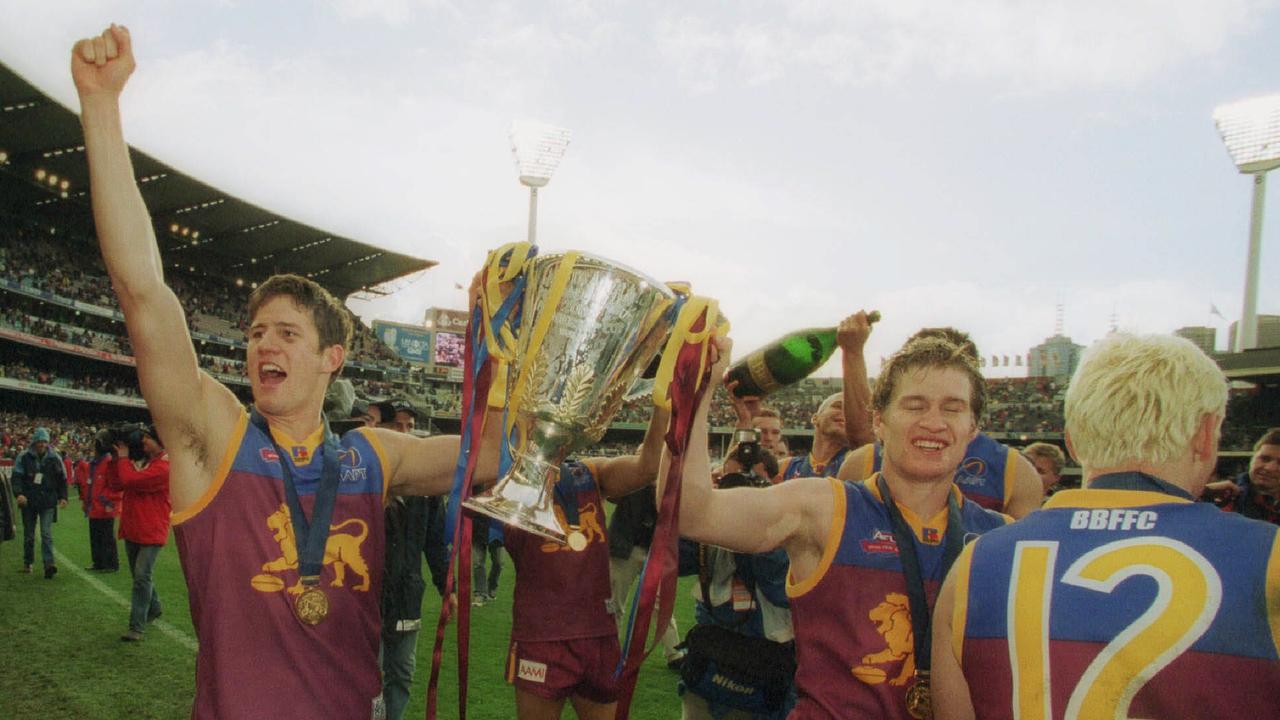Six worthy names yet to be inducted into the AFL Hall of Fame

- by Admin
- June 19, 2024

The Australian Football Hall of Fame, established in 1996 during the centenary year of the AFL, serves to honour the outstanding contributions made to Australian rules football by players, umpires, coaches, administrators, and media personalities.
Starting with 136 inductees, the Hall has grown to include more than 300 members, including 32 “Legends” who represent the pinnacle of excellence in the sport.
Despite the extensive and esteemed list of inductees, several noteworthy players have yet to be recognised with the honour. Here we highlight six exceptional footballers who, despite their remarkable achievements and impact on the game, remain conspicuously absent from the Hall of Fame.
These players appeared to demonstrate the worthy skill, leadership, and dedication throughout their careers and for some, their exclusion is a point of contention, anticipation or misfortune within the football community.
In this piece we will explore the careers of these six deserving individuals who still await their place in the Australian Football Hall of Fame.
1. Adam Goodes
One of the most iconic figures in Australian rules football history, celebrated both for his on-field prowess and his off-field advocacy, Goodes’ career with the Sydney Swans is marked by an array of playing accolades and societal impact. A dual Brownlow Medallist, two-time premiership player, four-time All-Australian, and a member of the Indigenous Team of the Century, Goodes also held the record for the most VFL/AFL games played by an Indigenous player until 2019.
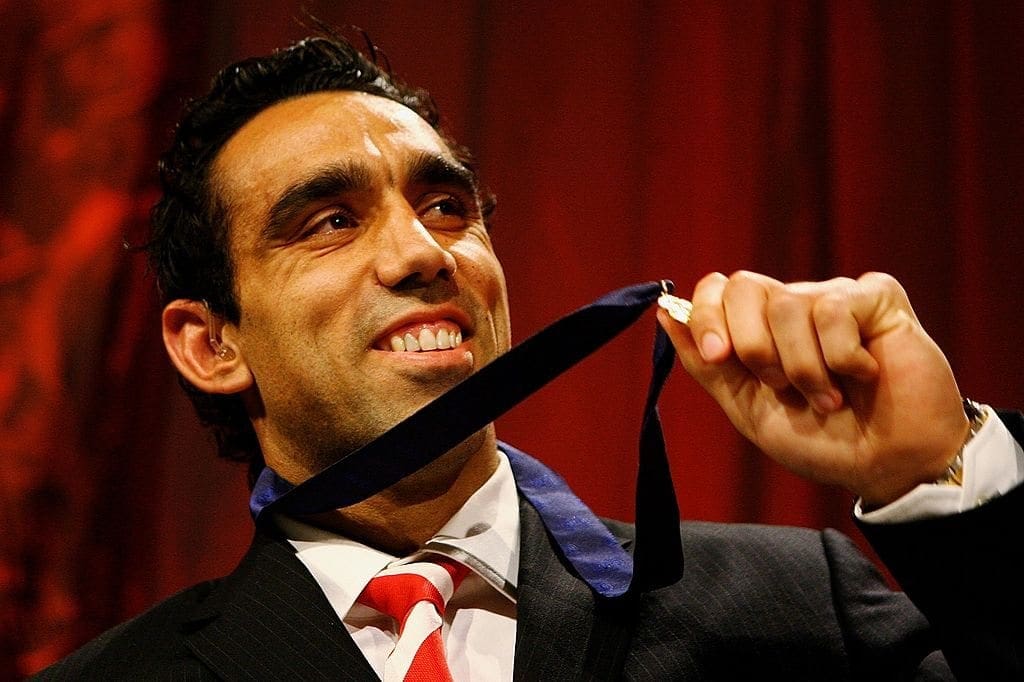

Beyond the stats, Goodes’ impact is profound. Named Australian of the Year in 2014, he used his platform to fight against racism and champion Indigenous rights. Unfortunately, his vocal stance made him a target of relentless booing from opposition fans, a campaign of racial abuse that marred his final years in the sport. This “booing saga” ignited national conversations about racism in Australia and led to an official AFL apology in 2019 for their lack of support.
Despite his clear qualification for the honour, Goodes refused induction into the Australian Football Hall of Fame in 2021. This refusal, rooted in the racial abuse he endured and the historical inaction, speaks to the impact of the wounds left by his experience. His stance remains one of the more powerful indictments of racism in sporting history, alongside Nicky Winmar’s ‘Black and Proud’ stance in 1993.
On the football field, Goodes’ journey began when he was drafted by Sydney in 1997. After a season in the reserves, he broke into the senior side in 1999, winning the Rising Star Award. His versatility saw him excel in various positions, and his standout seasons earned him Brownlow Medals as a ruckman in 2003 and midfielder 2006. He played pivotal roles in Sydney’s premiership victories in 2005 and 2012, kicking an iconic fourth quarter goal in the dying stages of ’12.
His story is a powerful testament to resilience and the ongoing fight for racial equality, his legacy enduring beyond the football field and Hall of Fame elevation. He remains a symbol of excellence and advocacy, inspiring future generations to strive for better in a sporting and societal context.
The Latest News
-
December 25, 2024What time does the Boxing Day Test start and how can I watch it? Australia v India guide
-
December 25, 2024How to follow the Australian Summer of Tennis ahead of the Aus Open
-
December 25, 2024Our favorite golf memories from 2024 – Australian Golf Digest
-
December 25, 2024Where to watch Australia vs. India 4th Test: Free live stream, free-to-air channel, start time for cricket match | Sporting News Australia
-
December 25, 2024Gearing Up for Australian Open, Nick Kyrgios Elevated in Bold Predictions From Renowned Tennis Experts

